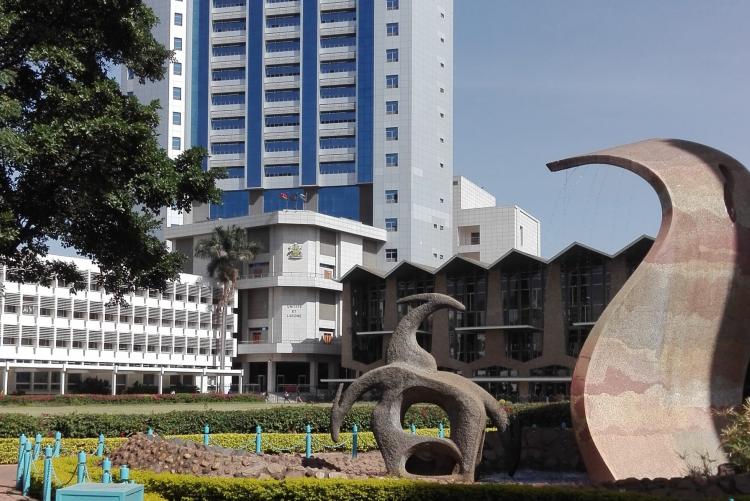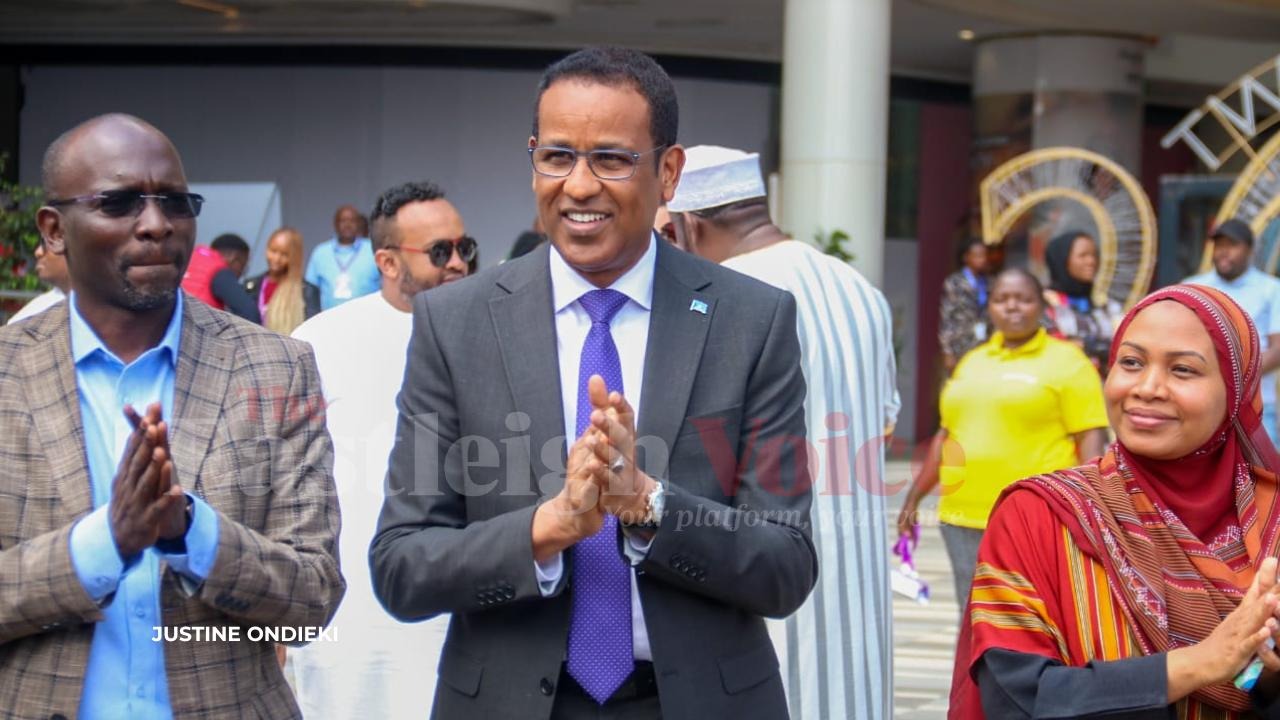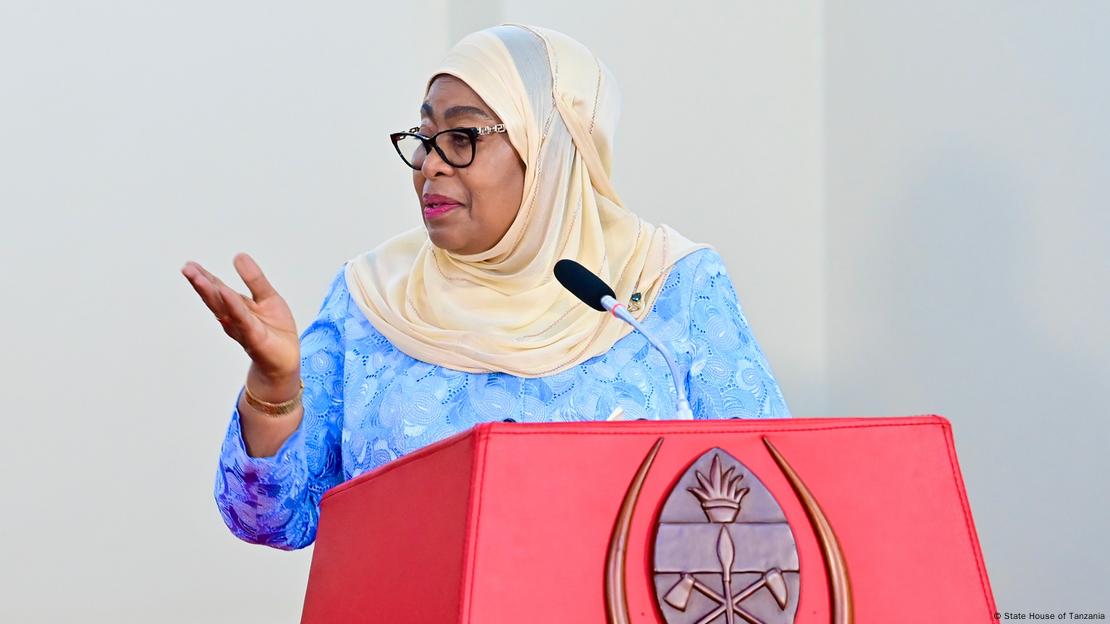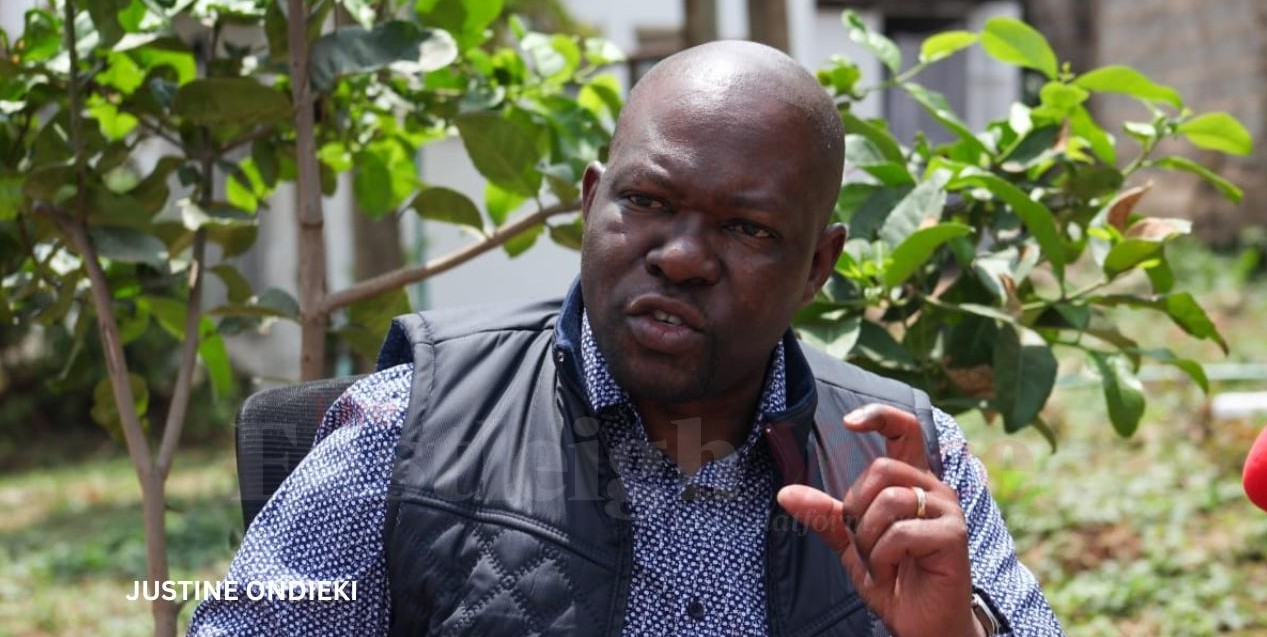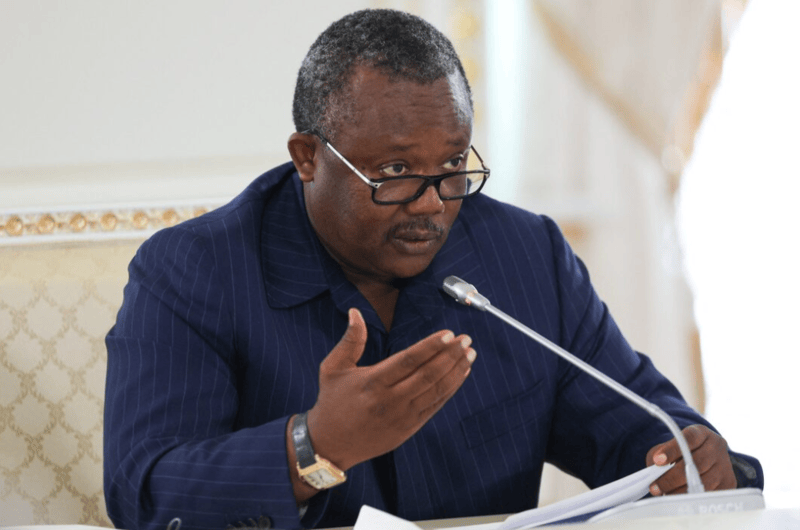Decline in STEM student numbers worries Education ministry
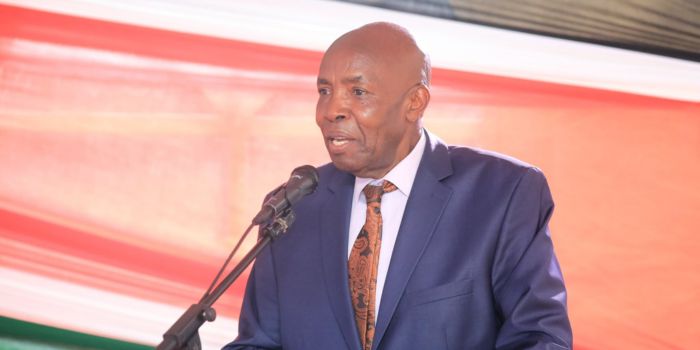
The situation threatens Kenya's achievement of middle-income and industrialised nation status by 2030, says CS Ezekiel Machogu.
The Education ministry is concerned about declining interest in science, technology, engineering, and mathematics (STEM) courses, especially as Grade 9 graduates prepare to join senior school.
When they transition next year, they will be required to choose STEM, the creative arts, sports sciences, or social sciences under a new system that will consider their abilities and interests.
More To Read
- MPs demand fresh audit of Sh11.6 billion KICD textbook pending bill over distribution discrepancies
- Audit flags 25 TVET institutions for breaching procurement, financial regulations
- KICD dismisses Sh540 million loss claims in textbook supply, blames NEMIS data inaccuracies
- KUCCPS opens TVET applications for September 2025 intake
- TVETs to fully adopt skills-based curriculum by January 2026
- KUCCPS, KICD on the spot as MPs probe financial management, student placement in education sector
Education Cabinet Secretary Ezekiel Machogu raised the issue on Monday, noting that not many students were enrolling in STEM courses yet it is highly beneficial to the county's socioeconomic advancement.
“The uptake of STEM-related disciplines has been much less than in the humanities and social sciences, with attendant STEM-related courses accounting for less than a quarter of the courses offered at TVET institutions and universities,” he said during the opening of the 60th Kenya Science and Engineering Trade Fair at Moi Girls' School, Nairobi.
“In the most recent graduations at TVETs and universities, I have observed that less than 25 per cent of the graduates come from STEM courses. This situation threatens Kenya's achievement of middle-income and industrialised nation status by 2030.”
Machogu noted the need to increase the uptake of STEM disciplines to foster national development and global competitiveness. He urged concerted efforts to address factors contributing to this disparity, including the perceived difficulty of the courses, lack of awareness, inadequate resources, and societal stereotypes.
“I desire that this trade fair continues to be a strong vehicle for triggering students’ interest in STEM, spurring innovation and creativity, and popularising the courses to ensure we have more students taking up careers in STEM at the tertiary and university level,” he said.
He also cited the bodies the government has established to drive the science, technology and innovation agenda. Among them is the National Commission for Science, Technology, and Innovation (NACOSTI), which is responsible for regulating and ensuring quality in the science, technology, and innovation sector, as well as advising the government on related matters.
There is also the National Research Fund (NRF), which provides funding for research, and the Kenya Innovation Agency (KeNIA), tasked with promoting the development and commercialisation of innovative ideas and research outcomes.
The minister further announced that the government is preparing to issue guidelines on how senior schools will be categorised.
While addressing stakeholder concerns regarding the complexity and overlapping of learning areas in the primary and junior secondary school curriculum, Machogu noted that the Kenya Institute of Curriculum Development (KICD) has rationalised the number of learning areas, reducing them from nine to a maximum of seven for senior schools.
The adjustment aims to create a more focused and efficient educational experience for students, he said.
Top Stories Today



